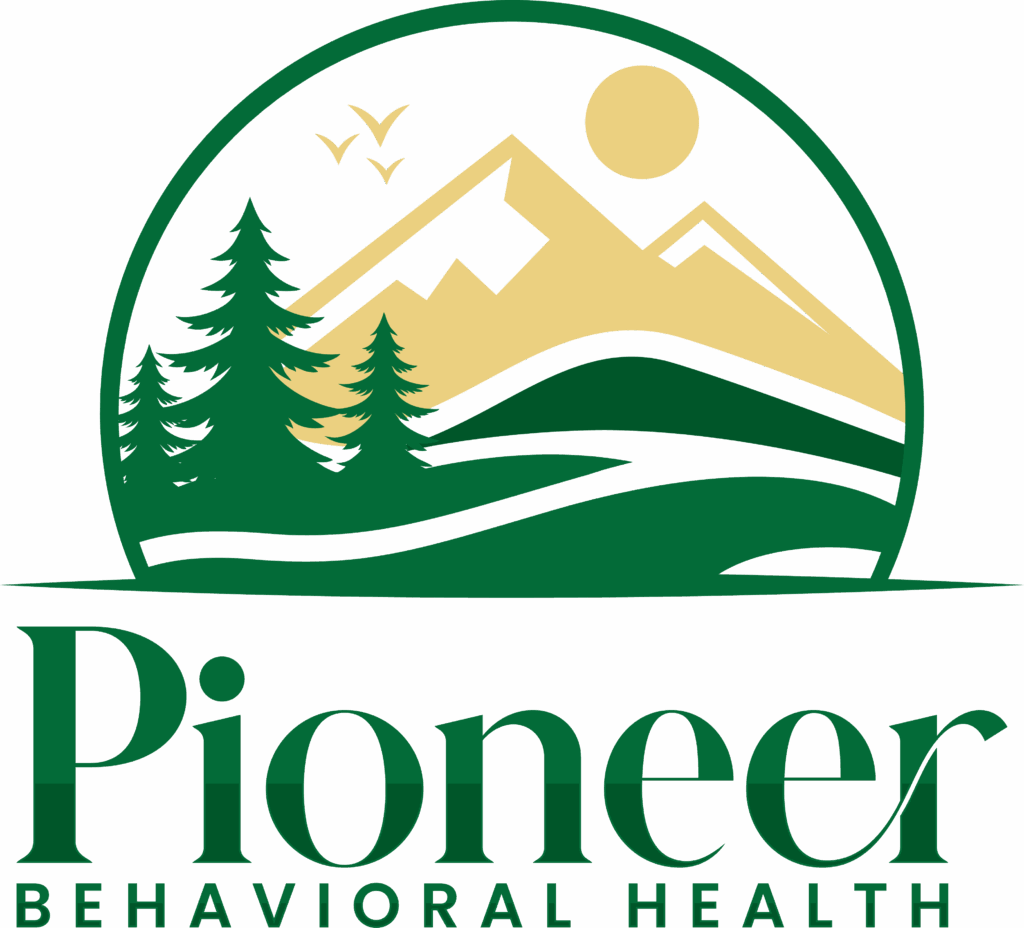Obsessive-compulsive disorder (OCD) is a multifaceted mental health condition marked by persistent, intrusive thoughts (obsessions) and repetitive behaviors (compulsions). While clinical treatment, such as cognitive-behavioral therapy (CBT) or medication, is often essential for managing symptoms, many individuals seek a way to manage OCD naturally.
Although natural remedies are not a replacement for professional care, incorporating holistic strategies can bolster emotional resilience and reduce symptom severity over time.
How to Manage OCD Naturally in 10 Different Ways

1. Embrace Mindfulness and Meditation
Mindfulness and meditation cultivate a non-reactive awareness of your thoughts, helping you recognize intrusive ideas without giving in to compulsive behaviors. These practices can calm the nervous system and reduce the power of obsessive thinking.
How to begin:
- Practice guided meditations through apps like Calm or Headspace.
- Try body scan or breathing-focused techniques.
- Use mindfulness in daily life—notice your senses and stay grounded in the present moment.
2. Nourish Your Brain With Healthy Diet and Exercise
A balanced lifestyle plays a powerful role in mental health. Nutrient-rich meals and regular physical activity stabilize mood, reduce anxiety, and improve energy levels.
Tips:
- Include omega-3s, complex carbs, lean proteins, and fiber in your meals.
- Engage in activities like brisk walking, swimming, or yoga.
- Limit stimulants such as caffeine and refined sugars.
3. Practice Gentle Exposure and Response Prevention (ERP)
ERP is a gold-standard therapeutic technique for OCD that encourages you to gradually face triggers while resisting compulsive behaviors. While best guided by a therapist, basic exposure practices can begin at home.
How to start:
- Identify low-stress triggers and build up slowly.
- Sit with discomfort without acting on compulsions.
- Keep a journal of exposures and your reactions to track progress.
4. Reduce Stress Through Intentional Relaxation
Chronic stress is a common trigger for OCD symptoms. Managing stress can help prevent symptom flare-ups and boost emotional resilience.
Try:
- Deep breathing exercises or progressive muscle relaxation.
- Gentle movement like tai chi or slow yoga.
- Ensuring consistent, quality sleep each night.
5. Strengthen Your Support Network
Community and connection are critical in managing OCD. Being open about your experiences can reduce shame and provide encouragement.
Suggestions:
- Join local or online OCD support groups.
- Educate family and friends on how they can support you.
- Connect with peers through mental health forums or apps.
6. Explore Natural Supplements With Caution
Some supplements may support mood and reduce anxiety, but always consult a medical provider before starting anything new, especially if you’re on medication.
Common options:
- Omega-3 Fatty Acids: Support cognitive health and mood.
- Inositol: May influence serotonin regulation.
- L-Theanine: Found in green tea; promotes calmness without sedation.
7. Use Journaling as a Therapeutic Outlet
Writing down your thoughts and feelings can create space between you and your obsessions. It’s also a helpful way to track patterns and celebrate growth.
How to journal:
- Dedicate time daily or weekly to reflect.
- Note triggers, emotional responses, and coping methods.
- Acknowledge improvements, no matter how small.
8. Engage in Creative Expression
Art, music, dance, or other creative outlets provide an emotional release and distraction from obsessive thoughts. They also build confidence and joy, fostering a sense of control.
Ways to explore creativity:
- Paint, sketch, or write poetry.
- Play an instrument or try singing.
- Dance or engage in movement that feels expressive and fun.
9. Practice Gratitude and Positive Visualization
Developing a gratitude habit and visualizing a peaceful future can reshape thought patterns and boost emotional strength.
Simple practices:
- Write down three things you’re grateful for each day.
- Visualize yourself overcoming OCD triggers with strength and calm.
- Use affirmations that reinforce hope and healing.
10. Pair Natural Strategies With Professional Treatment
Natural approaches work best when integrated with structured therapy. Evidence-based treatments like CBT and ERP have consistently proven effective in reducing OCD symptoms.
Consider:
- Working with a therapist trained in OCD-specific therapies.
- Exploring medication options, if appropriate, with a psychiatrist.
- Creating a personalized care plan that includes natural and clinical strategies.
Learn How to Manage OCD Naturally in Longmeadow, MA

Managing OCD is a journey, but you don’t have to walk it alone. At Pioneer Behavioral Health, we offer customized outpatient programs that blend clinical expertise with compassionate care. Whether you’re just beginning your path or looking to enhance your current approach, our team is here to support you every step of the way.
Call us at (888) 617-3070, email us at info@pioneerbh.com, or visit us 24/7 at 175 Dwight Rd, Longmeadow, MA 01106.
Reach out today to learn more about our evidence-based therapies and how we can help you create a more peaceful, empowered life.

